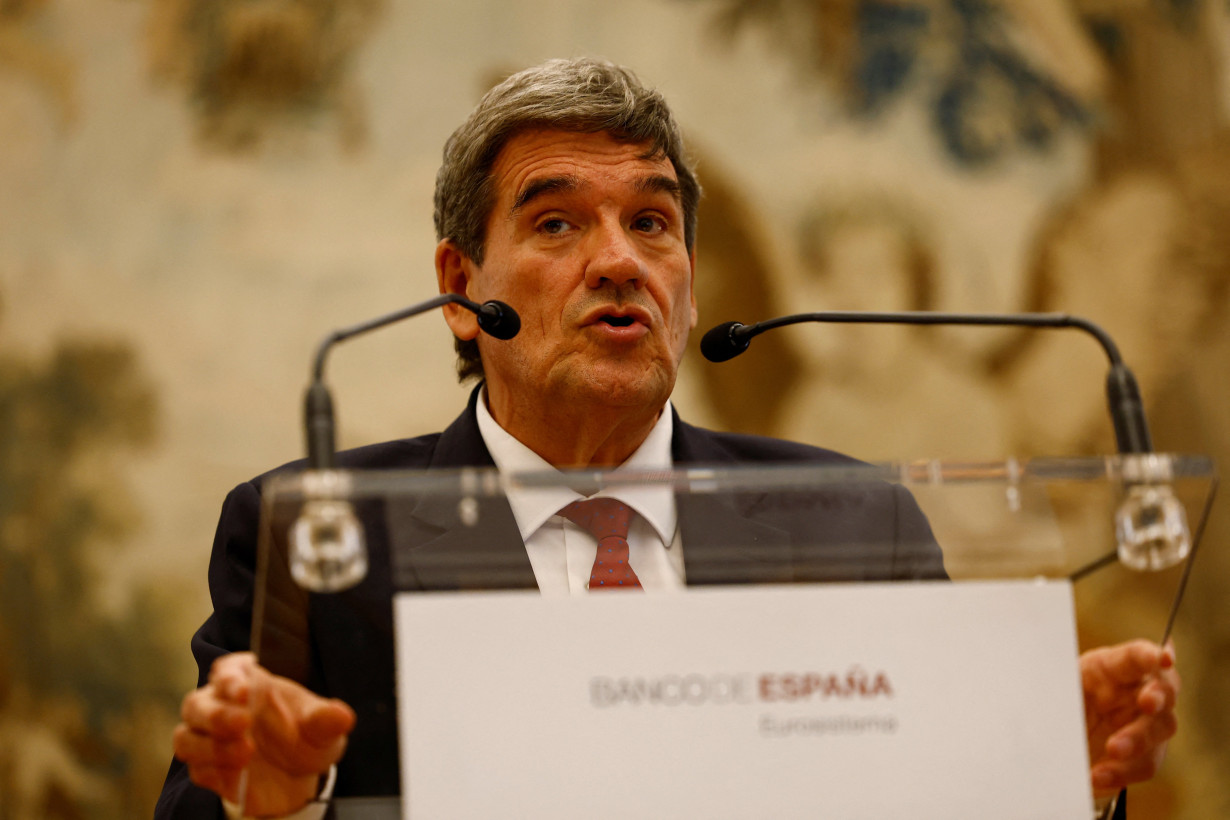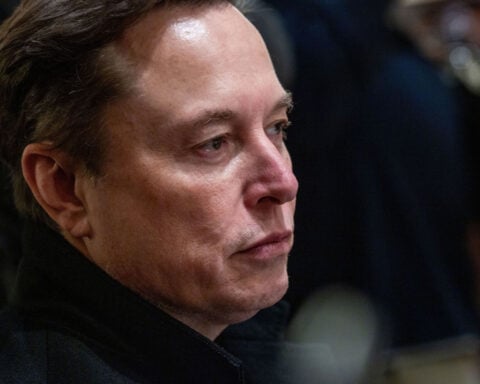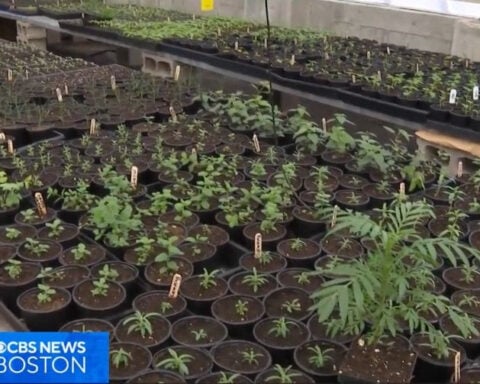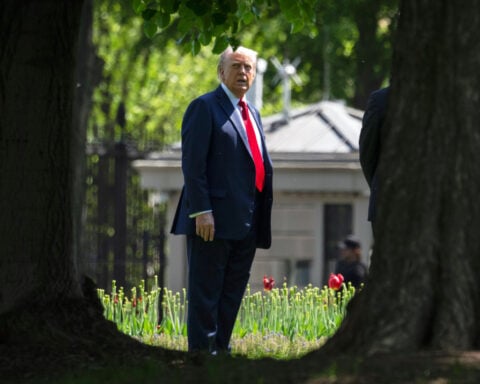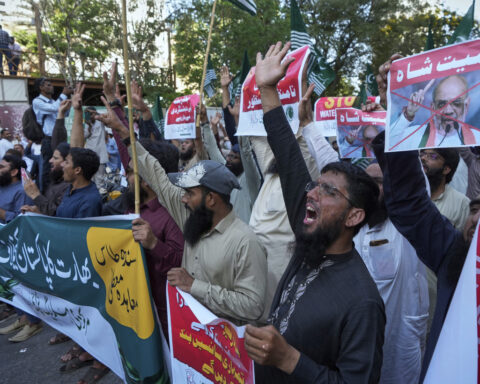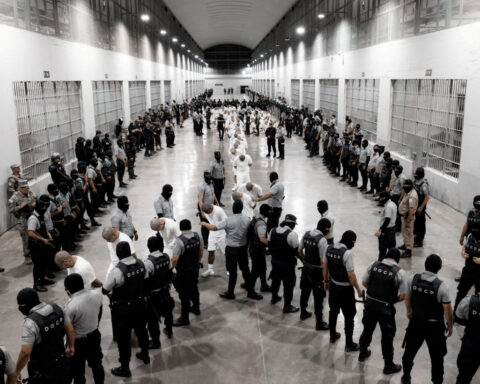By Jesús Aguado
MADRID (Reuters) - The implementation of U.S. tariffs will hit the Spanish and other euro zone economies though the impact on inflation will be less clear, European Central Bank policy maker and Spain's central bank governor Jose Luis Escriva said on Wednesday.
A rout in global financial markets triggered by the U.S. tariffs announcement has solidified the case for another ECB rate cut next week and supports arguments for even quicker policy easing from the world's second largest central bank, economists say.
Escriva said it was too early to talk about recession but added that the result of U.S. policies was a disruption of supply, "a very harsh one, which does have the potential to generate sharp falls in economic activity or a slowdown in economies like ours."
"I wouldn't talk about a recession in any case," Escriva told Spanish broadcaster TVE.
Regarding inflation, Escriva said that the U.S. levies could have both downwards and upwards effects on prices in the euro zone, such as a fall in demand, consumption and investments or short-term disruptions on supply chains.
"We have to look at the balance of these two elements and combine them to see what the net result is. Then the direction is not clear and if, for example, we conclude that the effects on confidence are persistent (,..) we would have to make decisions accordingly," he said.
In the case of Spain, Escriva said the central bank would revise downwards its growth forecasts for the Spanish economy this year, without saying by how much. He added job creation could also be hit.
Last month, the Bank of Spain said it expected the country's economy to expand by a strong 2.7% this year, up from the 2.5% forecast in its previous quarterly update. Its forecast at the time had not taken into account any effect of recent geopolitical tensions.
(Reporting by Jesús Aguado; additional reporting by Emma Pinedo; editing by Inti Landauro and Toby Chopra)

 Trump has begun another trade war. Here's a timeline of how we got here
Trump has begun another trade war. Here's a timeline of how we got here
 Canada's leader laments lost friendship with US in town that sheltered stranded Americans after 9/11
Canada's leader laments lost friendship with US in town that sheltered stranded Americans after 9/11
 Chinese EV giant BYD's fourth-quarter profit leaps 73%
Chinese EV giant BYD's fourth-quarter profit leaps 73%
 You're an American in another land? Prepare to talk about the why and how of Trump 2.0
You're an American in another land? Prepare to talk about the why and how of Trump 2.0
 Chalk talk: Star power, top teams and No. 5 seeds headline the women's March Madness Sweet 16
Chalk talk: Star power, top teams and No. 5 seeds headline the women's March Madness Sweet 16
 Purdue returns to Sweet 16 with 76-62 win over McNeese in March Madness
Purdue returns to Sweet 16 with 76-62 win over McNeese in March Madness
